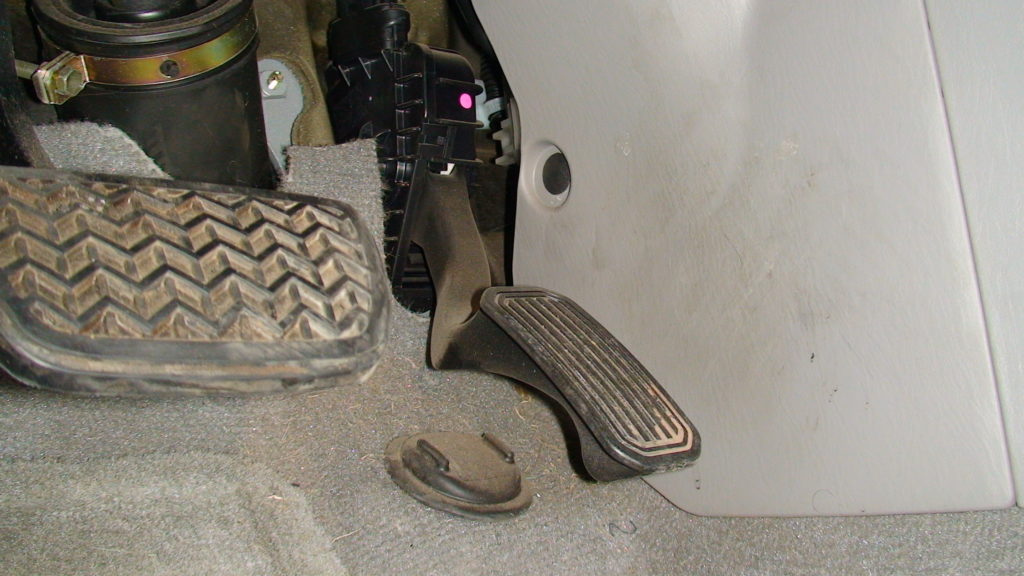In May 2011, everybody at Toyota North America joined hands and sung Kumbaya – it was the release of the much-vaunted A Road Forward: The Report of the Toyota North American Quality Advisory Panel. The report was part of a public relations blitz to restore consumer confidence in Toyota products in the wake of the Unintended Acceleration debacle. And, within the 60 pages of corporate soul-searching was the way back home – and it ran right through Toyota’s customers. The glossy document was laced with admissions that Toyota had failed to heed the voices of its customers such as this:
“Toyota has recognized that many of the challenges it faced in 2009 and 2010 were a result of failures to adequately listen to and incorporate external feedback from various stakeholders, including consumers, third-party rating agencies, and regulators.”
A company personage no less distinguished than Stephen St. Angelo, Toyota’s North American Chief Quality Officer, promised the dawn of a new day:
“Right from the outset, we told them we wanted them to be straightforward with us, because we seriously want to keep improving our processes and our transparency. It is important to note that the Panel focused primarily on how we operate and communicate. While I am glad they’ve recognized the positive changes we’ve already made, I also appreciate how they want us to keep at it. I’ve told them we intend to do just that.”
So, how have they been doing with that listening stuff? Well that depends.
If you are a Toyota or Lexus customer who has merely complained about a UA event, you may not get beyond conversations with their customer care folks or a visit from the SMART team, who will tell you that your car’s just fine.
But, if you are a consumer who has been drawn into the multi-state litigation, Toyota will listen to you in a day-long deposition, in which Toyota wants you to bring every scrap of communication you made or received about Toyota – including with your family.
Toyota sought to depose at least eight consumers who experienced a UA in their Toyotas, most of them named by the plaintiff’s attorneys as “absent class members.” Although the plaintiffs withdrew some of their names, experts relied on a few of those incidents in formulating their opinions. Naturally, Toyota wants their own crack at these folks. Earlier this month, Judge Selna, who is overseeing the Multi-District Litigation in Orange County California, ruled that it saw little point in compelling a deposition since the absent class member is not going to offer any evidence to support class certification. Toyota has challenged this ruling. The legal tug-of-war continues. Continue reading →
